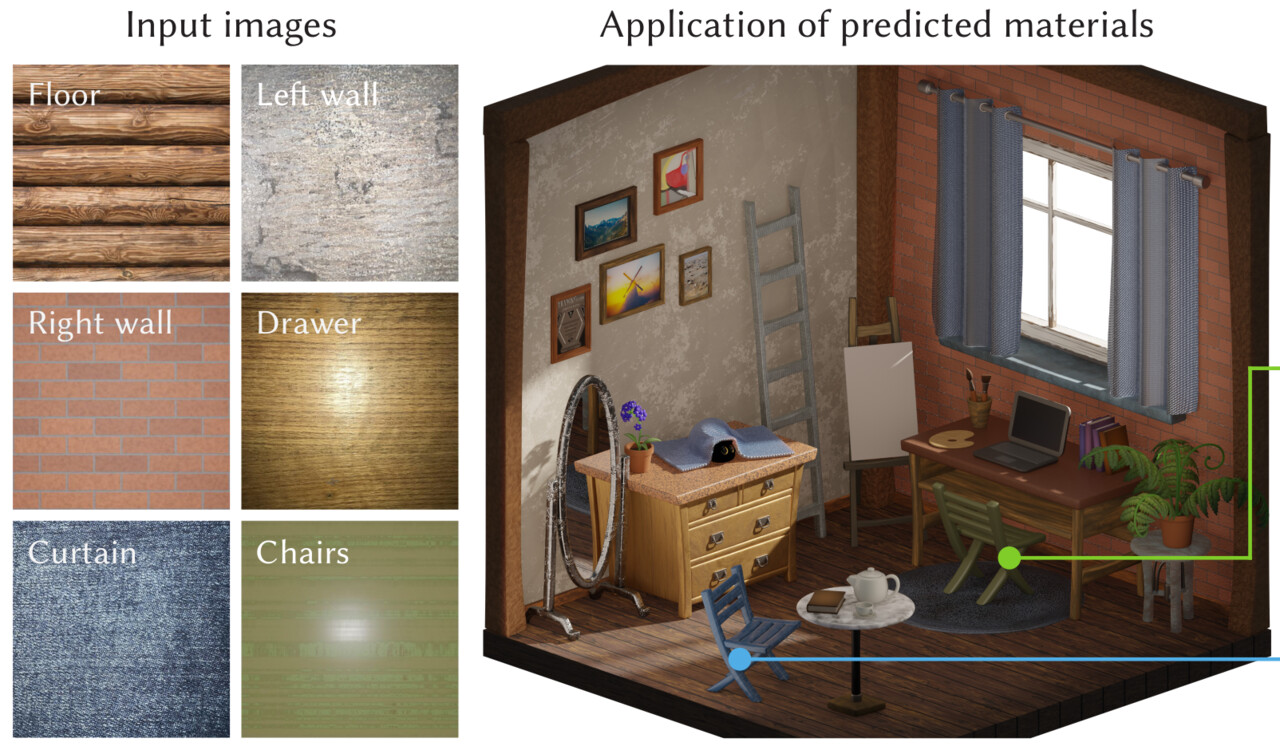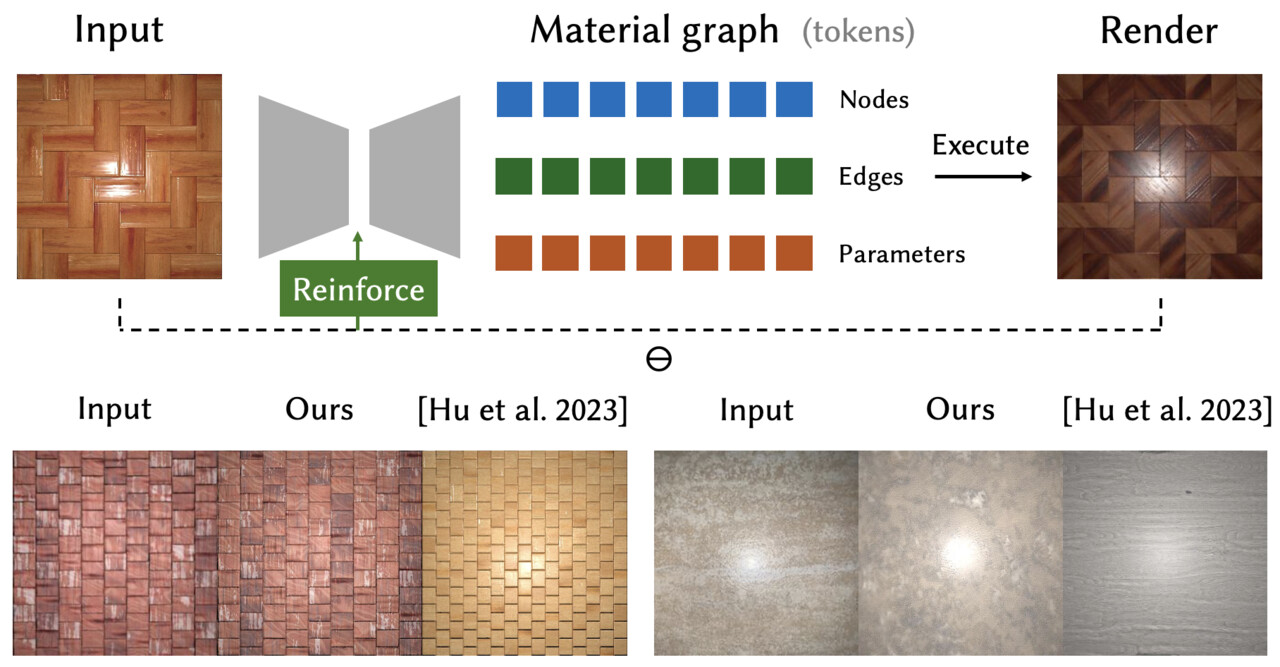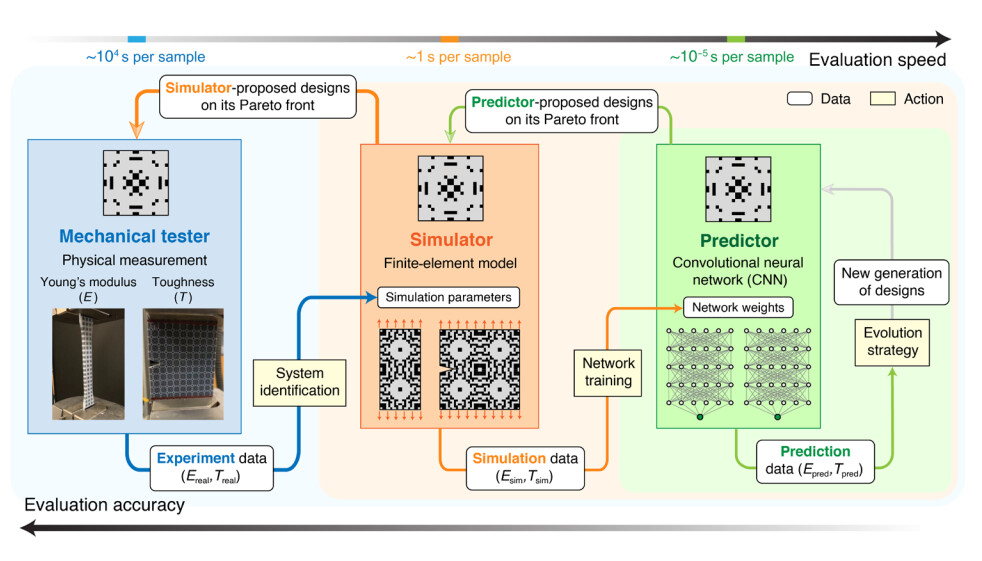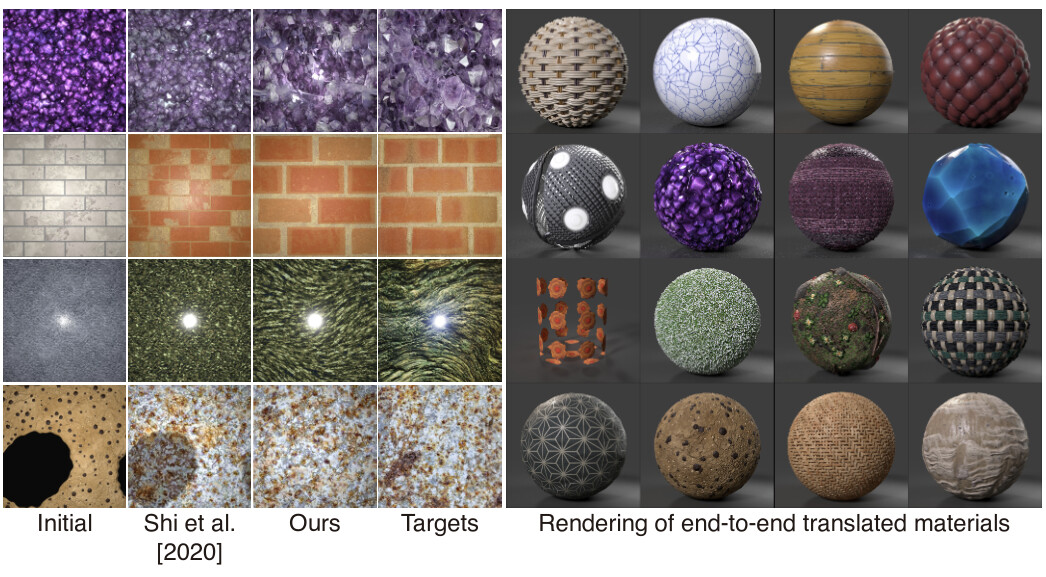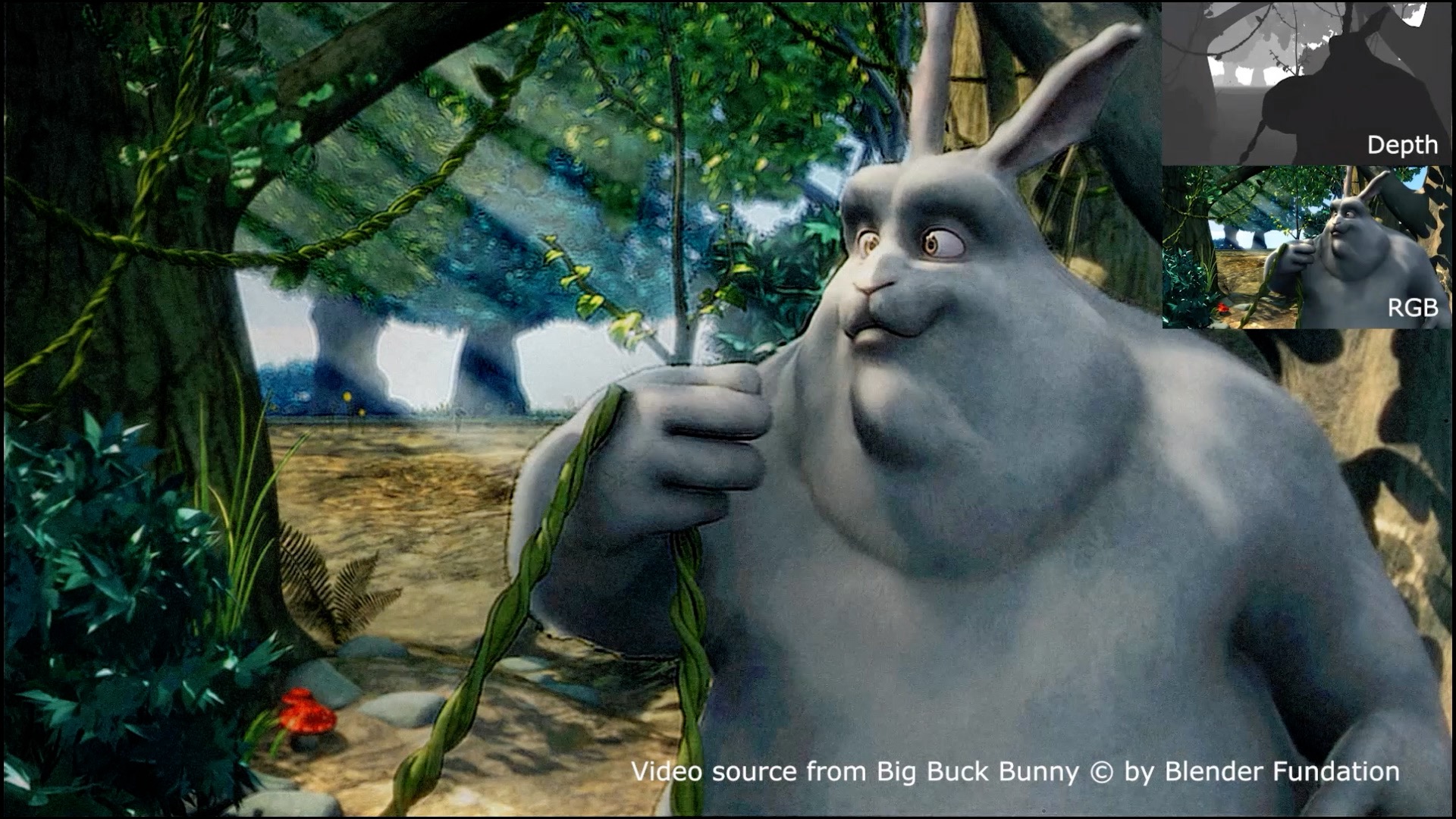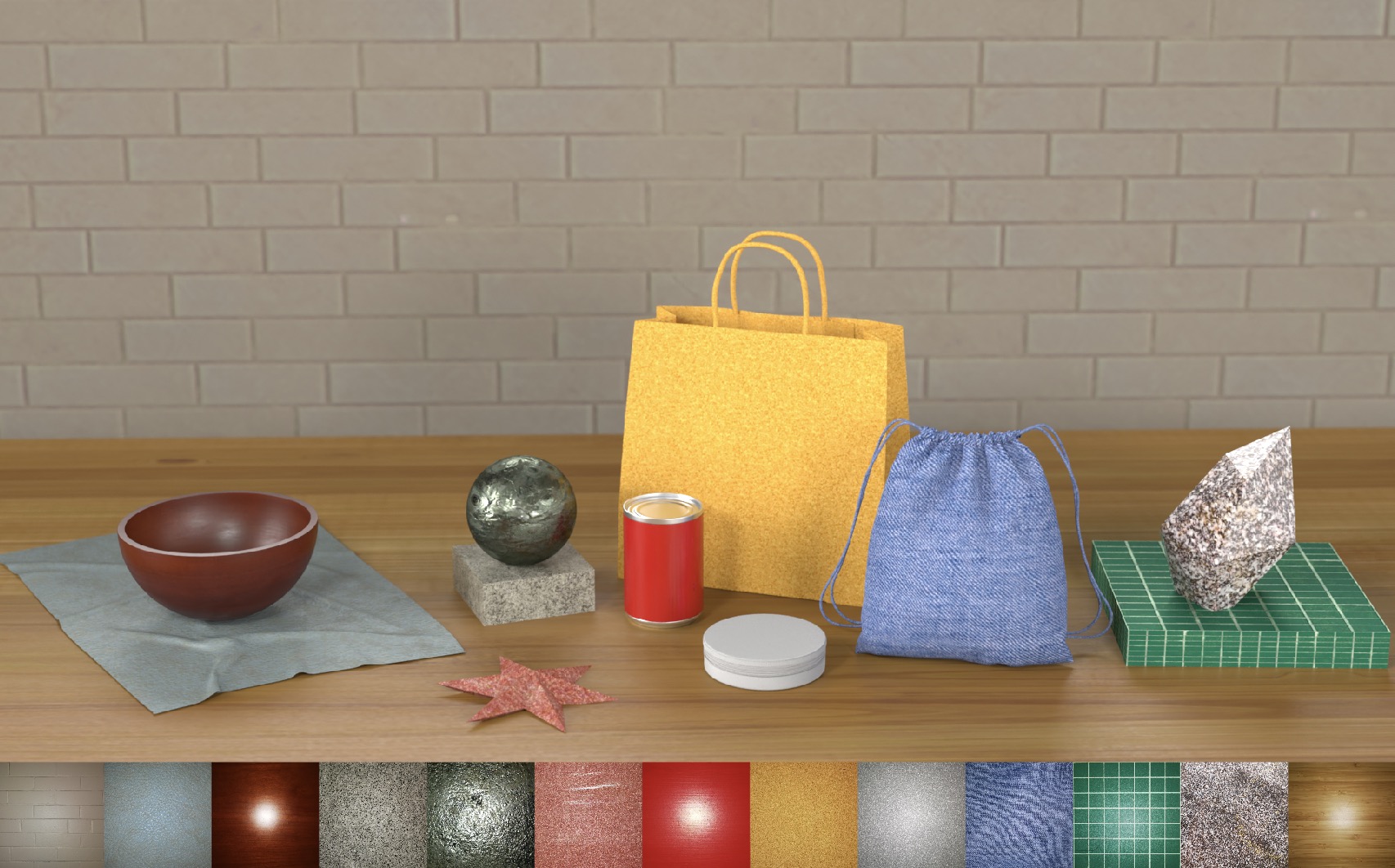Beichen Li
Email: beichen {at} mit {dot} edu

32-331
32 Vassar St (The Stata Center)
Cambridge, MA 02139
I am a Member of Technical Staff at OpenAI, after completing my PhD from MIT CSAIL (advised by Prof. Wojciech Matusik). Prior to attending MIT, I obtained a Bachelor’s degree in computer science from Tsinghua University, China.
My research interest lies in the intersection between computer graphics and machine learning, with a special focus on visual program synthesis using multimodal large language models (MLLMs).
During my past experience as a research assistant or intern, I was fortunate to be mentored by Prof. Shi-Min Hu from Tsinghua, Prof. Stelian Coros from ETH Zurich (then at CMU), and Dr. Miloš Hašan, Dr. Kalyan Sunkavalli, and Dr. Yiwei Hu from Adobe Research, to whom I’m deeply grateful. I would also like to thank my close collaborators, Dr. Liang Shi, Prof. Wan Shou, Prof. Bolei Deng, Minghao Guo, and Rundi Wu, for their guidance and support.
News
| Feb 11, 2025 | “VLMaterial” has been accepted as ICLR 2025 Spotlight. |
|---|---|
| Jan 16, 2025 | I have successfully defended my PhD thesis titled “Quality-Centric Single-Image Procedural Material Generation”. |
| Sep 12, 2024 | My recent work on RL fine-tuning for procedural material generation is accepted by SIGGRAPH Asia 2024. |
| Feb 04, 2024 | “Computational design of 3D-printable microstructures” has been published on Science Advances. |
| Aug 20, 2023 | Differentiable Procedural material library, DiffMat v2, has been released on GitHub. |
| Aug 14, 2023 | Concluded my second research internship at Adobe Research (primary mentor: Yiwei Hu). |
| May 08, 2023 | My work on mixed-integer node parameter optimization for procedural material capture is accepted by SIGGRAPH 2023. |
